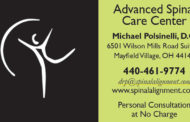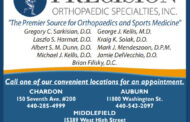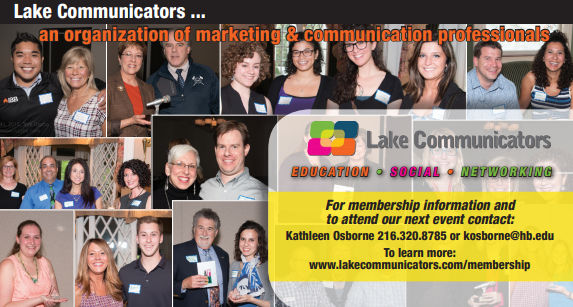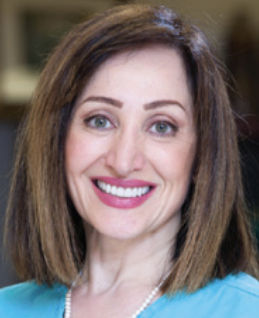
Dr. Razieh Mohseni is a Diplomat of the American Board of Vein and Lymphatic Medicine (ABVLM) and is an Active Member of the American College of Phlebology (ACP) since 2011.
She is certified as a Registered Physician in Vascular Interpretation (RPVI), as a Registered Vascular Technologist (RVT), and as a Certified Wound Specialist Physician(CWSP).
Dr. Mohseni received her Medical Degree from the University of Florence, Italy. She has been practicing in USA as Primary Care, and Internist since 1996 and as a Vein and Wound Specialist since 2012.
Dr. Mohseni is one of the few physicians in the country to hold all of these credentials.
Is it ever too early or too late to take care of your varicose veins?
This is a common question when making medical decisions: Too soon? Too late? When is the right time?
The answer may be different depending on what kind of condition we are looking at.
When it comes to Varicose veins, symptoms matter, but you do not want to wait for it to get worse before seeking treatment. Varicose Veins most often happen because the valves inside the vein are broken or malfunction. Once broken, the body cannot repair valves or build new ones, and that allows the poor blood to pool in the leg. Varicose veins may cause pain, heaviness, swelling, cramping, restless legs, discoloration, and leg ulcers.
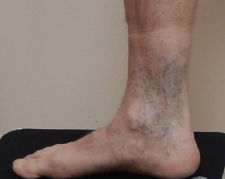
Early signs: common symptoms of varicose veins in the beginning stages are the increasing amount of spider veins, particularly to the ankles. Leg heaviness and ankle edema are also warning signs, but these are tricky because you don’t always realize your legs are getting abnormally tired (especially with a busy life; we just assume it is normal), and most think ankle edema by the end of the day is not a big deal.
Early signs of varicose veins may not be a big deal, but they become a big deal as the condition gradually progresses, and symptoms become worse.
Late signs: severe and increasing swelling, heaviness, pain, need to sit down because of leg tiredness, cramps, darkening leg skin, and eventually ulcerations (leg sores).

If you see early signs…WHY WAIT? Assessment is easy with an office visit and an in-office comprehensive venous ultrasound (noninvasive). Seeing our vein specialist, Dr. Mohseni, can help you becoming more informed about your vein condition. If symptoms are mild, conservative measures will be advised and explained. If symptoms are advanced, additional treatments will be discussed (all minimally invasive and non-surgical).
If you already have late signs… DEFINITELY DON’T WAIT, IT IS NOT TOO LATE TO SEEK HELP.
Bottom line it is never too late, but if your symptoms are more advanced and you wait too long, more treatments may be required. Some symptoms improve but may not completely resolve (such as discoloration and severe edema and scarring from leg ulcers).





